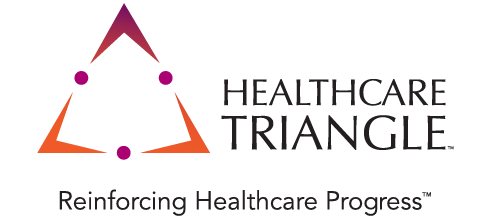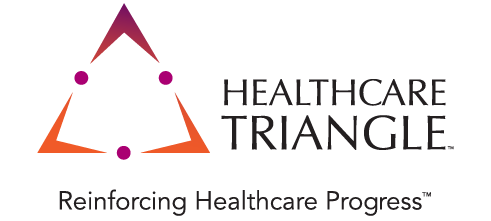Overcoming Data Sharing Challenges in Life Sciences with a Secure Data Collaboration Platform
Healthcare Triangle
Jan 27, 2023
3 min read
According to Deloitte’s Tech Trends 2022 report, by the end of 2023, “We expect to see more organizations explore opportunities to create seamless, secure data-sharing capabilities that can help them monetize their own information assets and accomplish business goals using other people’s data.” Data-based collaboration is one of the top strategic technology trends in the life sciences industry. An explosion of data partnerships to advance discoveries in life sciences—including among competitors—is the significant driver of innovation.
What is Data Collaboration?
Why Data Collaboration Is Important in Life Sciences and Pharma Industry?
Data collaboration in life sciences and pharma offers several advantages, such as:
- ✓ Improves data accuracy and reliability
- ✓ Increases research efficiency
- ✓ Reduces duplicative efforts
- ✓ Fosters innovation
- ✓ Enhances collaboration
- ✓ Improves access to data
- ✓ Increases public trust
What are the Challenges of Secure Data Sharing?
While there are many benefits of data sharing, such as increased collaboration between researchers and greater access to resources, the risks posed by exposing confidential information must be seriously considered. Here are the most common challenges of secure data collaboration:
- Accessibility & Usability: One of the biggest challenges for secure data sharing is accessibility and usability. All participants in collaboration must have access to the same set of data, but this can be difficult when trying to share large amounts of data due to its complexity and size. In addition, it is not always easy for participants to understand the structure of the data being shared.
- Regulatory & Compliance: Data security has always been an important safeguard in the life sciences industry. Industry regulations such as HIPAA, and EU GDPR mean that proper protocols must be followed when it comes to handling and sharing confidential information. Secure data sharing requires a robust security and privacy infrastructure that protects the data from unauthorized access and manipulation.
- Cyberthreats: When it comes to data sharing, the risks of cyberthreats and privacy violations can be especially daunting for life sciences leaders. These threats have been exacerbated in recent years as next-generation data sources, such as genomic and medical device data, have become more widely used. As a result, life sciences organizations must be aware of the security risks associated with sharing data between entities and through public channels.
- Lack of Tools and Resources: In a rapidly changing data landscape, life sciences leaders have identified an urgent challenge – inadequate tools and technology for safely sharing information. As companies move to multiple cloud platforms at high speed, the mismatched capabilities often can’t keep up with the demand of effective security measures; leading organizations into restrictive or overly broad policies that put sensitive data in jeopardy of leakage or breach. It’s time for fresh insights on best practices when it comes to safeguarding critical clinical data assets.
- High cost of maintaining complex data pipelines: Taking advantage of third-party data sharing platform is becoming increasingly essential for successful data collaboration. Legacy systems present a unique set of challenges due to the high resource cost and complexity associated with building and sustaining traditional data pipelines. Leveraging an agile, secure data collaboration platform can help organizations unlock new levels of operational efficiency while mitigating these issues at scale.
HCTI’s Neutral ZoneTM, the Third-party Data Collaboration Platform Facilitates Secure Data Sharing
- Provides access only to the machine that is running the algorithm
- Prohibits individuals from viewing raw data, but allows the algorithm to process the data and share the end results with the collaborative group
- Maintains full confidentiality of each party’s data while paving the way for faster, more accurate diagnosis of disease, more personalized treatment, and improved understanding of complex condition



